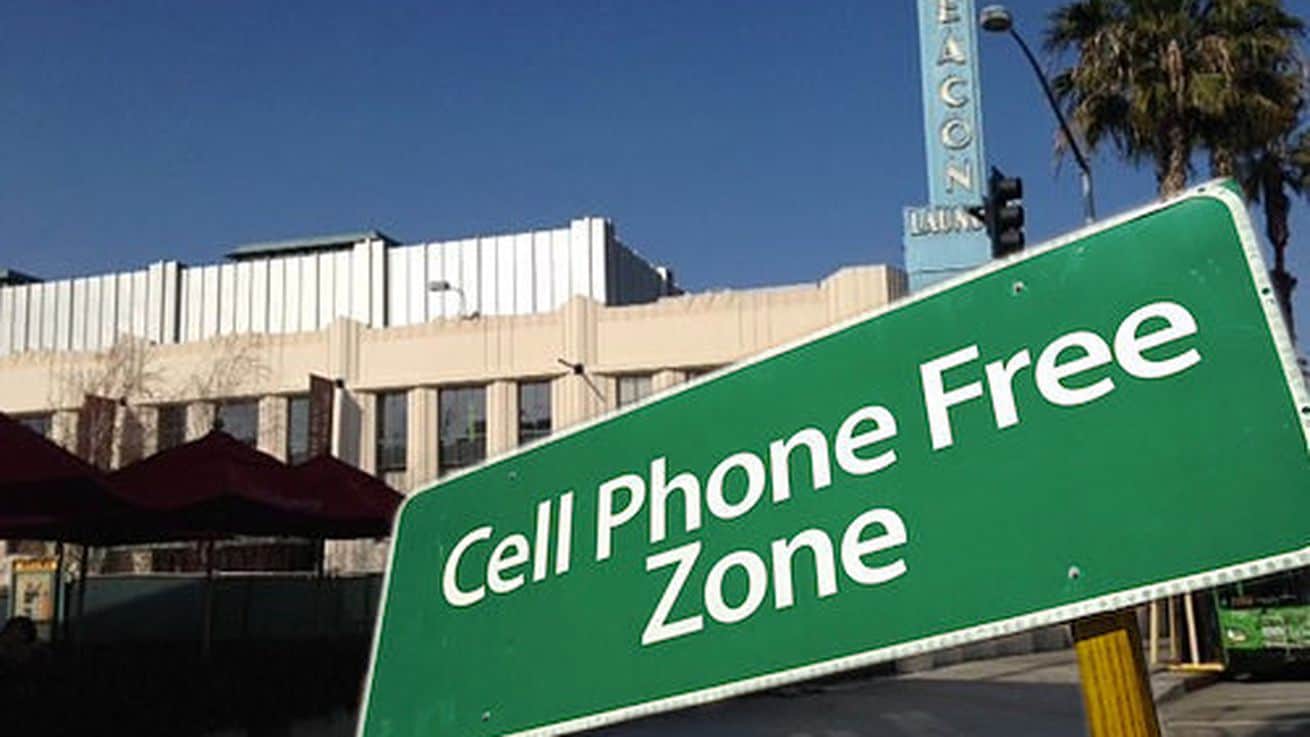
In a town where people actually roll down their car windows to greet each other and leave their front doors unlocked, you won’t find anyone glued to the glowing screen of an iPhone. In Green Bank, West Virginia, with a population of 143, researchers’ efforts to listen to the universe means the use of a cell phone is grounds for prosecution.
Located four hours west of Washington D.C. and nestled into a valley of the Appalachian mountain range, this little town with no technology is the proud home of one of the marvels of the space age: the National Radio Astronomy Observatory.
Home to many giant telescopes, including the Robert C. Byrd Green Bank Telescope, astronomers use this observatory to detect and study objects in space that give off visible light and emit naturally occurring radio waves. The telescopes are trained on the skies to search for alien life.
To ensure the ultimate accuracy of these telescopes, the government banned any type of radio activity: no Wi-Fi, no cell phone towers, and no devices emitting electromagnetic energy. The citizens of Green Bank aren’t even allowed a TV or microwave.
In the 1950s, the Federal Communications Commission created the National Radio Quiet Zone, which transforms 13,000 square miles into a region dedicated only to science. Use of airwaves inside the zone are strictly regulated to ensure that the high-tech telescopes in Green Bank can operate with minimal disturbance.
Though the town emits absolutely no radio waves, the observatory is one of the largest employers in the county and draws scientists and tourists from around the world to generate nearly $29 million in revenue for West Virginia. And for many of its residents, they choose to stay for the lifestyle.
The town is home to world-renowned astrophysicists, bear hunters, and electromagnetic hypersensitives who flock to the town with claims that they’re “allergic to radio frequencies.” Truthfully, some people just prefer a world that’s not so high tech.
Sheriff David Jonese, whose officers communicate by radio on a frequency that doesn’t interfere with the observatory, says that he prefers to operate the old-fashioned way.
Jonese recently told National Geographic, “What the Quiet Zone and observatory bring to this community… I’d much rather have that than what the communication brings.”






















